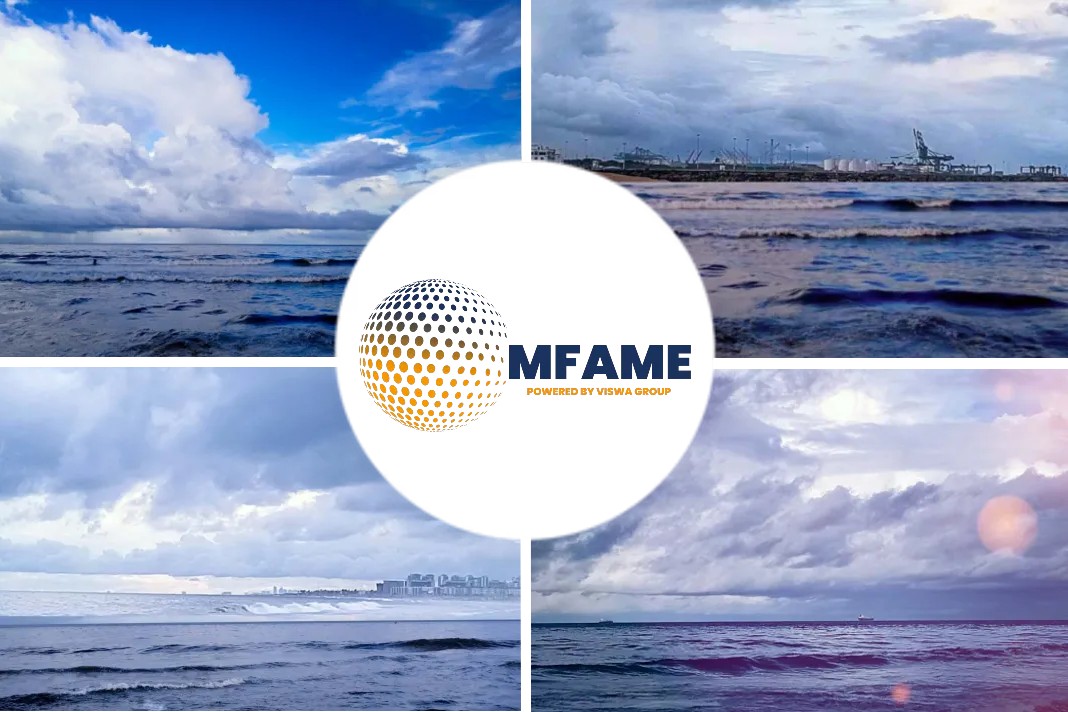China’s Shanghai International Energy Exchange (INE) is looking to launch its freight index futures contract this year, Yang Yiping, the exchange’s associate director in the international cooperation and business development department, reports Reuters.
First financially settled commodities futures
“This will be our first financially settled commodities futures in China,” Yang said during an online conference. Currently, all China’s commodities futures contracts are settled by physical delivery.
“Given the volatile container freight price this year, I believe this contract will provide a good tool for price discovery and risk management for shipping companies, ship owners and any other participants,” Yang said.
Freight rates have soared this year as a global shortage of containers and as coronavirus curbs cause congestion at ports. This has disrupted global supply chains as ships transport around 90% of global trade.
Container capacity futures
The Shanghai Futures Exchange, which owns the INE, said in May it was conducting research and development of products open to foreign participation such as freight index futures.
China’s COSCO Shipping Group and Dalian Commodity Exchange have also signed an agreement to jointly work on developing shipping derivatives such as container capacity futures.
Yang also said the INE will conduct deliveries outside China for its other products following the exchange’s first overseas delivery of low-sulphur fuel oil to Singapore in January.
“This mechanism will also be applied to other products. Going forward we might find other products that can be traded on INE and then … be delivered overseas,” said Yang.
China becoming global commodities pricing power
Foreign companies and investors currently have limited access to China’s vast commodities markets. Contracts that are open to foreign traders include crude oil, iron ore, TSR 20 rubber, low-sulphur fuel oil and bonded copper.
But China has been increasing efforts to become a global commodities pricing power, and is gradually opening up more commodities derivative contracts to overseas participants for trading.
Did you subscribe to our daily newsletter?
It’s Free! Click here to Subscribe!
Source: Reuters























